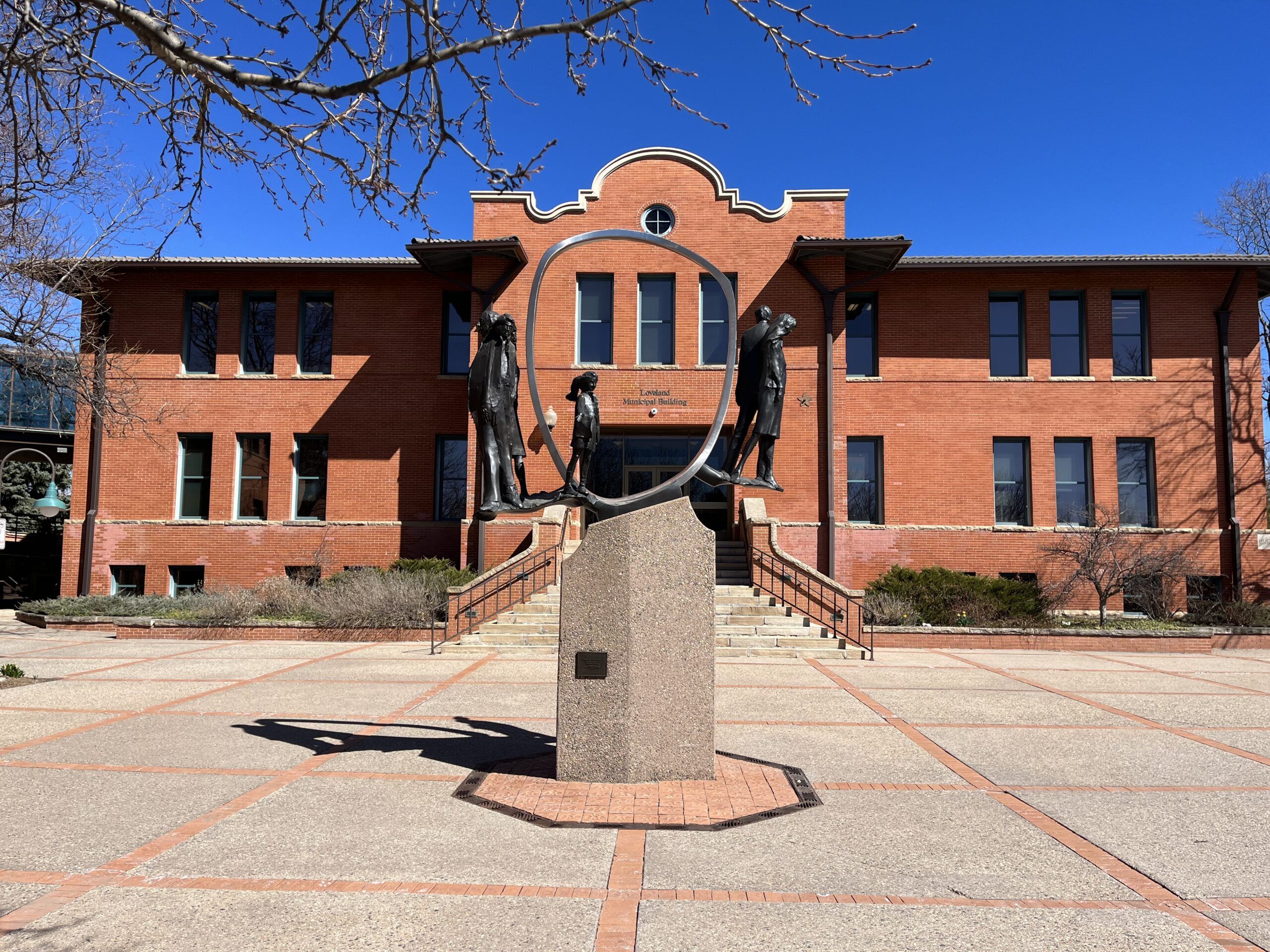Municipal court decides it doesn’t have jurisdiction to hear Loveland charter cases

Editor’s note: This story has been corrected. Peter Gazlay was not a council candidate. He does live in Ward I.
GREELEY — Greeley Municipal Court judge Mark Gonzales, who had agreed to handle two municipal court cases from Loveland involving city council members, has ruled that municipal court does not have jurisdiction.
Russell Sinnett, the Loveland attorney who filed the cases on behalf of Loveland residents, said he will appeal that ruling to Larimer County District Court in hopes of a ruling to remand the cases back to municipal court, where he thinks they belong.
The cases, Ball vs. city of Loveland and Gazlay vs. city of Loveland, allege violations of the city charter.
In the Ball case, Richard Ball is among eight residents and former city council members who say that the new members of the Loveland City Council violated the charter when they failed to call for a public vote on the rescission of Centerra South. The new provision was added in November by Loveland voters.
In the Gazlay case, Peter Gazlay alleged that the city’s failure to conduct a background check on Troy Krenning prior to placing him on the ballot also violated the charter.
Gonzales noted in an earlier hearing some skepticism over whether municipal court had jurisdiction; he asked the parties to write briefs on the matter, which they did.
On Friday, he ruled that the court did not have jurisdiction. “His reasoning was that no matter what he decided, one side or the other would appeal, which we will,” Sinnett told BizWest, “The remedy we seek is to have the case remanded back to municipal court.”
Sinnett wrote in his brief that Loveland established the municipal court with the creation of its charter in 1996. He cited the charter language that “There shall be a municipal court vested with jurisdiction over matters arising under the charter and ordinances of the city. The municipal court shall be a court of record.”
The grant of authority, he said, “does not distinguish between criminal and civil cases nor by whom any action may be commenced…”
Michael Plachy and Angela Vichick of the law firm Lewis Roca Rothgerber Christie LLP, the Denver law firm engaged by the city council because of a potential conflict of interest of the city attorney’s office, argued instead that the municipal court does not have authority to handle civil cases filed by citizens.
“The Loveland charter does not expressly or impliedly authorize private citizens to bring civil claims in municipal court (but) does not expressly prohibit them from doing so.”
Also, “Loveland Municipal Court is a court of limited (not general) jurisdiction” and the actions in Gazlay and Ball should have been brought in district court.
“No Loveland ordinance contemplates a civil claim being brought by a private citizen in municipal court,” they said.
The city’s attorneys also argued that a remedy sought by the actions — removal of five members of the council from their elected roles — requires a decree “tantamount to a writ of quo warranto,” which under Colorado Rule of Civil Procedure can be brought only in district court. The writ mentioned is a common-law remedy to challenge a person’s right to hold a public office.
Gazlay’s case, the attorneys argued, should have been brought in district court because election matters can only be heard there. The filing of that case exceeded the time limitations permitted for election law cases, they said.
Sinnett, in a statement sent by email to BizWest, said he will appeal but also understands the judge’s position.
“I find it difficult to fault the judge for his finding. The court is (between) a rock and a hard place. If Judge Gonzales hears this case without proper jurisdiction, or an order of remand from a district court, an entire trial could get thrown out the window. He’s asked us to either appeal the decision and get an answer that he has jurisdiction, or start again at the level of the district court. The problem is, if we file the complaints in district court and start over, the district court could find on its own that it is not the court of original jurisdiction and send it back to municipal court anyway.
“… Either way, the wrangling over jurisdiction is simply delaying the inevitable. If, on appeal, there is a ruling that Loveland’s municipal courts have no jurisdiction to hear civil matters as part of ‘any’ claims arising under the city’s charter, then the Loveland City government is not functioning as the Home Rule Charter Commission intended back in 1996,” he wrote.
The cases are:
Peter M. Gazlay v. city of Loveland, case number SP24-002 in Greeley Municipal Court or 24cv002 in Loveland Municipal Court.
Ball, et al, v. city of Loveland, case number SP24-001 in Greeley Municipal Court or 24cv001 in Loveland Municipal Court.
Greeley Municipal Court judge Mark Gonzales, who had agreed to handle two municipal court cases from Loveland involving city council members, has ruled that municipal court does not have jurisdiction.
THIS ARTICLE IS FOR SUBSCRIBERS ONLY
Continue reading for less than $3 per week!
Get a month of award-winning local business news, trends and insights
Access award-winning content today!





